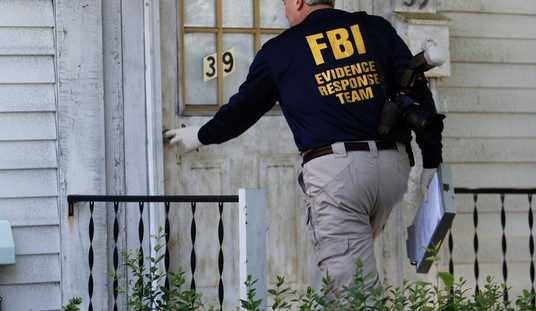The BBC reported over the weekend (archived links) about a rash of mass stabbings in South Korea, that sound an awful lot like a social contagion with the media/Internet as the disease vector.
‘Don’t Ask Why’: South Korea grapples with back-to-back ‘Mudjima’ stabbings
By Frances Mao
A knife darting out in a packed subway car. An assailant, chasing shoppers, stabbing wildly in the street.
These nightmares have played out in the minds of many South Koreans following a mass stabbing attack last week – the country’s second in as many weeks.
On 21 July, a man attacked commuters in the capital, killing one person and stabbing three more at a subway station. He later told police he lived a miserable life and “wanted to make others miserable too”.
Then, on 3 August, 14 people were injured in Seongnam, south-east of Seoul, when a man rammed his car into pedestrians near a subway stop, and then ran into a department store, where he stabbed nine people. One woman died later from her injuries.
The second attacker, Choi Won-jong, 22, was a delivery driver and high-school dropout who had been diagnosed with schizoid personality disorder. Police said he had googled news about the first attack before his own rampage. […]
‘Mudjima’ crimes
In South Korea, they are known as “Don’t Ask Why” or Mudjima crimes – inexplicable acts of violence targeting strangers, driven by no personal link to victims or obvious motive.
While they’ve been called Mudjima by the public for years, it was only in 2022 that South Korean police officially designated such crimes as a distinct category: “Abnormal Motive Crimes”.
With specific definitions and a task force set up to combat them, the move appeared to show authorities finally taking the crimes seriously. In the first half of this year, police recorded 18 Mudjima acts. […]
It has even led to some commentators making comparisons with the US, with online remarks: “It’s the American mentality that’s going viral in South Korea” and “OMG South Korea has become the USA of Asia”.
It looks like there’s an international social contagion afoot. Recently in Europe, it involved guns. In China and Korea, it has involved knives. In Canada, it has involved vehicles. Looking at how the second attacker googled the first attack, the Internet appears to be the disease vector of this contagion. The sensationalist media with its “if it bleeds, it leads” ethos has also been a disease vector.
Experts have pointed to underlying social pressures in South Korean society – from unstable job prospects and housing, to a continued stigma around mental health and a lack of support services. Police said Choi had not received adequate treatment.
“Fundamentally, I think we need to have some emotional and instrumental social support systems or policies that can help those who are disconnected from society, with no social bond,” Prof Song told the BBC.
So, it’s mental health and not the knives. Color me surprised.
Copycat threats
What drove greater anxiety among the public after last week’s stabbing was the wave of threats that popped up, vowing copycat attacks.
Online posts stated specific timings and locations, and some even named the gender of the victims they wanted to kill. One person vowed to “kill as many people as possible.”
[…]
However, fear remains on the edge of people’s minds. More people are carrying protective weapons, like mace sprays. And on subway platforms and in other crowded areas, more are staying vigilant and wary of those around them.
Last Saturday, exuberant fans on a night train returning from a BTS member’s concert sparked a near stampede, when their excited shrieks were mistaken for terror. Passengers who ran away said later they felt like they’d been in a zombie film.
All of this sounds familiar. People unnerved by (statistically rare) mass attacks, carrying defensive weapons, and fake “active stabber” incidents that cause mayhem.
South Korea’s homicide rate – down to 1.3 murders per 100,000 people – is half the average of OECD nations, and less than a fifth of America’s murder rate. And there are strict gun controls.
The American homicide rate is much higher and for a whole host of reasons. As for the BBC’s lamenting about the lack of “strict gun controls” in America, I find it laughable that the same article shows the police carrying a “military-style fully semi-automatic assault weapon of war” to stop potential stabbers while ordinary people who are their own best first responders only get to carry hot sauce.
The BBC’s passing opinion on gun control ignores broader context. The Second Amendment was enshrined in part to prevent both domestic tyranny and foreign aggression; South Korea’s twin North Korea has an entrenched communist tyranny. Historically, Korea has repeatedly suffered foreign aggression at the hands of Japan and China.
The BBC snuck in an opinion on American gun rights in its reporting, but it belies the underlying phenomenon: a social contagion spread by modern mass media and the Internet. A solution will need to be global and address all modes of attack.








Join the conversation as a VIP Member